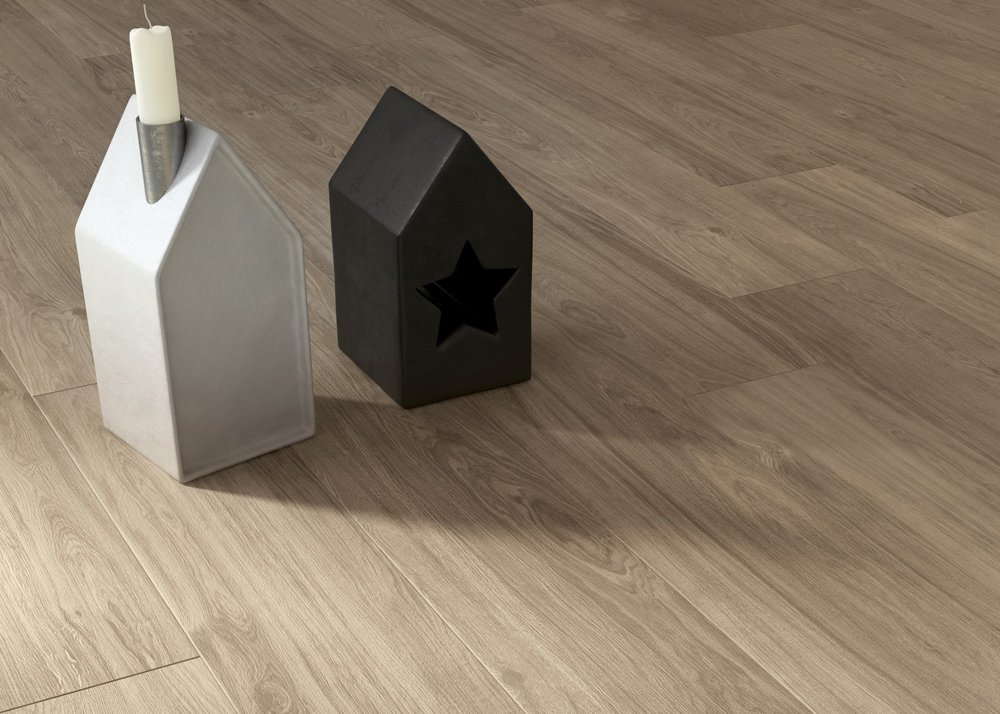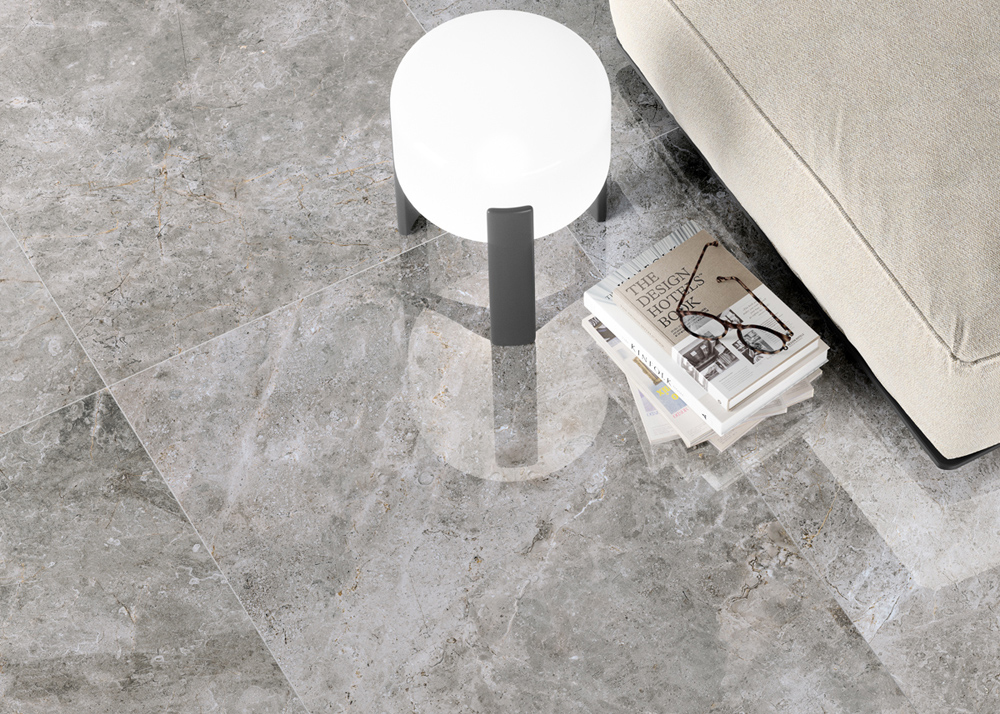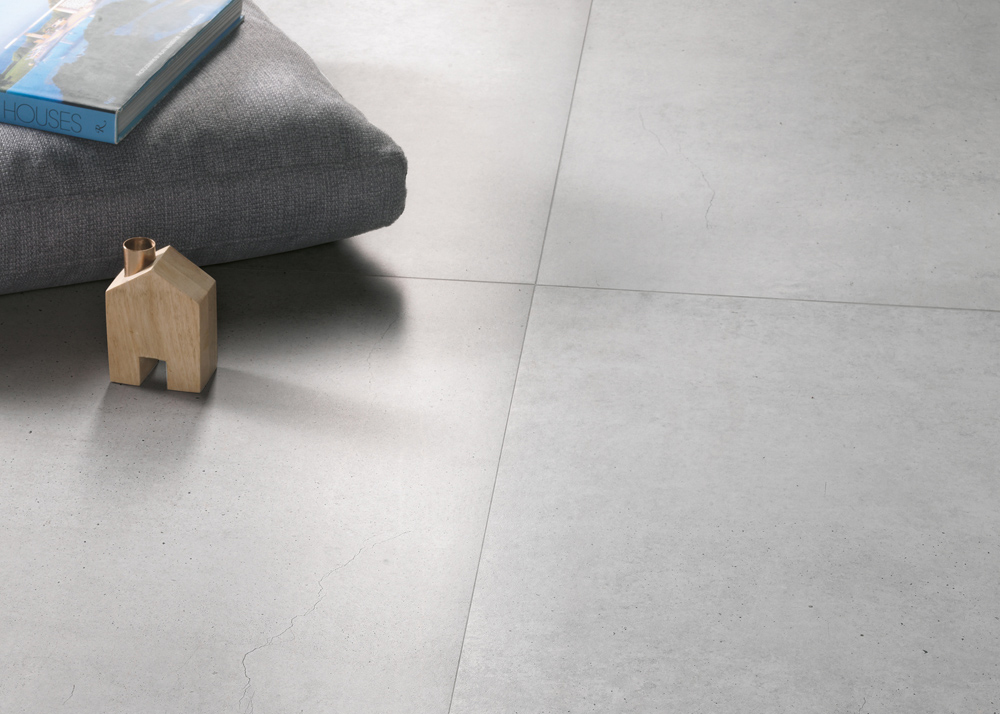How Do You Stain Your Porcelain Stoneware?
The easy and quick answer is that you don’t. One of porcelains many advantages is it’s resistance to staining, whether from food, water, or chemicals. When fired, porcelain tile is exposed to very high temperatures, which allows it to achieve a glass-like and very durable surface. Porcelain stoneware that has been glazed and treated by the manufacturer has a tremendous ability to withstand the elements, but what if your stoneware has not yet been treated?
Is porcelain material suitable for your home?
Absolutely. And will it stain? Maybe. Glazed porcelain tile and stoneware is covered with a layer of liquid glass and then fired in the kiln so the glass is baked into its surface. This provides a very effective barrier from staining. Unfinished porcelain is still relatively stain-resistant, but with regular wear and cleaning, it may begin to look its age. To prevent this and to keep your tile in its optimal condition, it is best to treat it with a sealer. This will give it the same level of protection that comes with glazed tile while not altering the visual appeal. This will be especially important in areas that are high-traffic, such as kitchen floors, or which come into contact with dirt and water, such as an entryway. Before applying a sealer, decide if you would like to use a solvent-based or water-based product. A good water-based sealer is very effective in protecting porcelain, though because porcelain is so dense, a solvent-based product can more easily penetrate into the stoneware. The point is to impregnate the porcelain so it is protected from the inside out. Before applying a sealer, make sure it will help you achieve not only the level of protection that you need, but the appearance you want. For instance, do you want a stain or treatment that enhances the color or which creates a gloss? Do you want to maintain the natural appearance of your unfinished porcelain? The choice is yours, but be sure that the product you choose will deliver the results you want. Another option is to leave your unfinished porcelain as is. Even untreated it is very durable. In an area which doesn’t experience exposure to elements like humidity, water, or dirt, it can stand up very well. For kitchens, bathrooms, and entryways, however, you’ll want to make sure to use either glazed porcelain or treat your unfinished porcelain ceramic tile floors.


